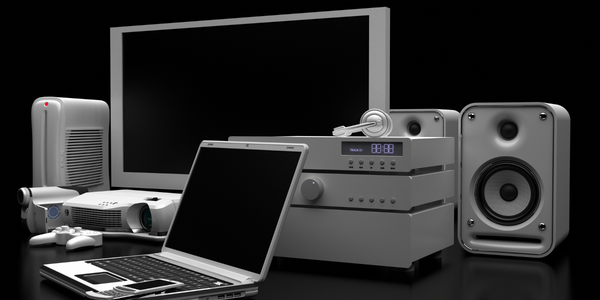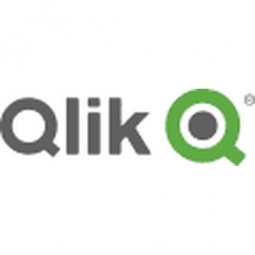下载PDF
Radiall optimizing budget planning with Qlik
技术
- 分析与建模 - 实时分析
适用行业
- 电子产品
适用功能
- 销售与市场营销
- 商业运营
用例
- 补货预测
服务
- 数据科学服务
挑战
Radiall, a world leader in the electronic connectors industry, was facing challenges with its BI ecosystem. The company wanted to become a data-driven organization, but it was struggling with a number of tools and data quality issues. The company's objective was to reduce the number of tools and data quality issues and deploy a data culture within the group.
关于客户
Radiall is a world leader in the electronic connectors industry. The company is based in France and operates on a global scale. Radiall is committed to becoming a data-driven organization and has been working towards this goal by redesigning its BI ecosystem. The company has been facing challenges with data quality issues and the use of multiple tools, which has been hindering its progress towards becoming a data-driven organization.
解决方案
Radiall chose Qlik for the power of its associative engine and its embedded ETL capabilities. The first applications implemented were the sales analysis report and the budget planning application. The budget planning application allowed for real-time reconciliation of budget inputs recorded in Jedox. This solution provided Radiall with a more streamlined and efficient way to manage its data and budget planning processes.
运营影响
数量效益
相关案例.

Case Study
Remote Temperature Monitoring of Perishable Goods Saves Money
RMONI was facing temperature monitoring challenges in a cold chain business. A cold chain must be established and maintained to ensure goods have been properly refrigerated during every step of the process, making temperature monitoring a critical business function. Manual registration practice can be very costly, labor intensive and prone to mistakes.

Case Study
Cloud Solution for Energy Management Platform-Schneider Electric
Schneider Electric required a cloud solution for its energy management platform to manage high computational operations, which were essential for catering to client requirements. As the business involves storage and analysis of huge amounts of data, the company also needed a convenient and scalable storage solution to facilitate operations efficiently.

Case Study
Leveraging the IoT to Gain a Competitive Edge in International Competition
Many large manufacturers in and outside Japan are competing for larger market share in the same space, expecting a growing demand for projectors in the areas of entertainment, which requires glamor and strong visual performance as well as digital signage that can attract people’s attention. “It is becoming more and more difficult to differentiate ourselves with stand-alone hardware products,” says Kazuyuki Kitagawa, Director of Service & Support at Panasonic AVC Networks. “In order for Panasonic to grow market share and overall business, it is essential for us to develop solutions that deliver significant added value.” Panasonic believes projection failure and quality deterioration should never happen. This is what and has driven them to make their projectors IoT-enabled. More specifically, Panasonic has developed a system that collects data from projectors, visualizes detailed operational statuses, and predicts issues and address them before failure occurs. Their projectors are embedded with a variety of sensors that measure power supply, voltage, video input/ output signals, intake/exhaust air temperatures, cooling fan operations, and light bulb operating time. These sensors have been used to make the projector more intelligent, automatically suspending operation when the temperature rises excessively, and automatically switching light bulbs. Although this was a great first step, Panasonic projectors were still not equipped with any capability to send the data over a network.








